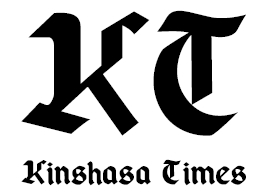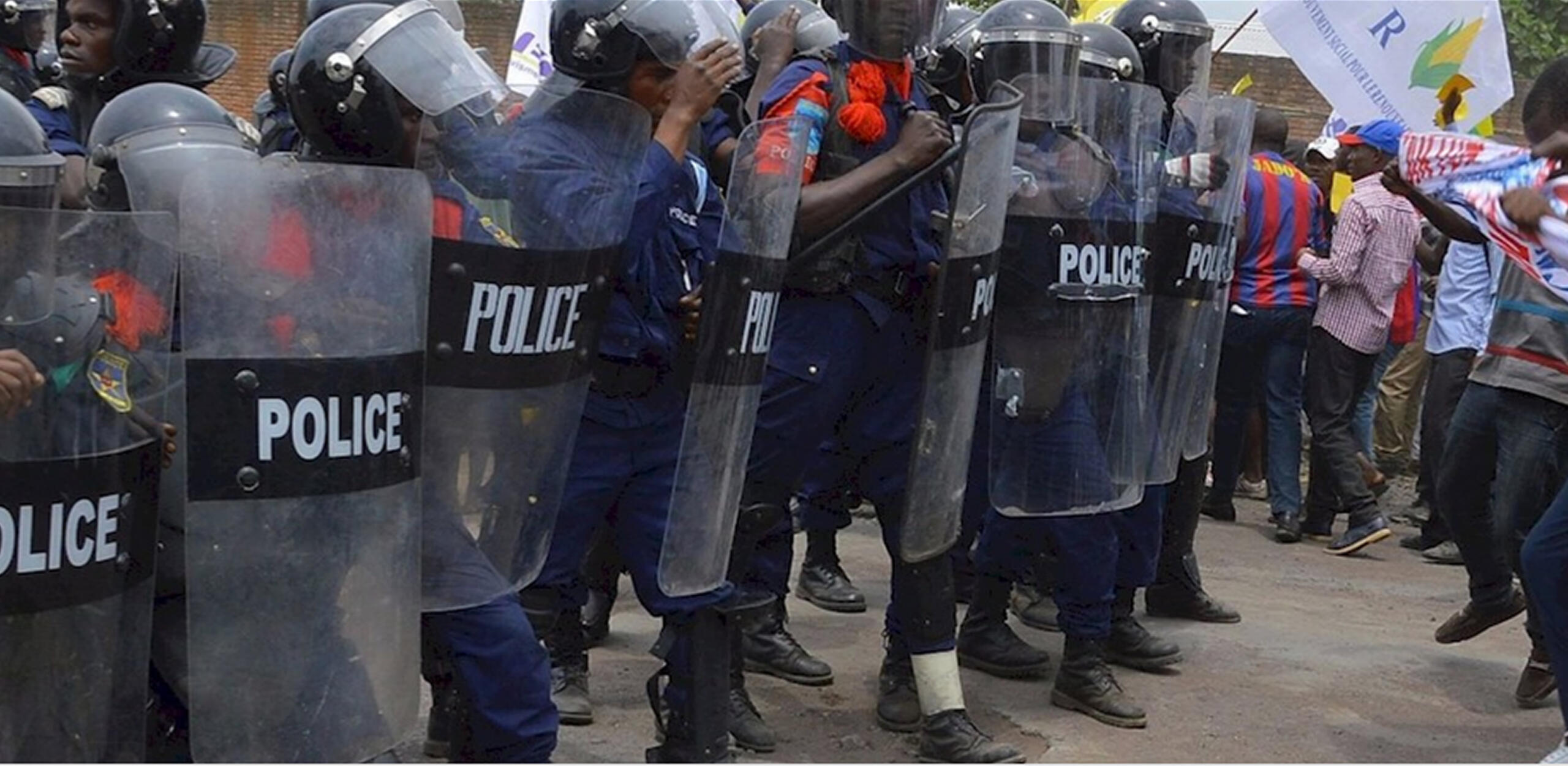Rising tensions in the Democratic Republic of Congo (DRC) are being stoked by crackdowns on freedom of expression and peaceful protests, posing a deadly risk of further violence, Amnesty International said today, one month ahead of the day President Joseph Kabila’s constitutionally-mandated second term will end.
Since anti-Kabila protests began in 2014, government security forces have killed dozens of protesters and imprisoned many others on trumped-up charges or following unfair trials. They have also introduced draconian restrictions on media houses.
“This powder-keg of human rights grievances is likely to blow up in more violence unless concrete measures are taken to ease tensions and allow dissenters to freely express their frustrations over the delayed elections,” said Sarah Jackson, Amnesty International’s Deputy Regional Director for East Africa, the Horn and the Great Lakes.
Dozens of protesters have been killed in the last two years, and as recently as 17 November, security forces dispersed opposition supporters in Kinshasa’s Limete neighbourhood for no legitimate reason as they distributed leaflets for a protest rally planned for two days later.
This powder-keg of human rights grievances is likely to blow up in more violence unless concrete measures are taken to ease tensions
“The DRC authorities must rein in the security forces who have used and continue to use excessive force against protesters and launch thorough, independent and transparent investigations into all killings since 2015 to ensure those found to be responsible are held to account.”
Amnesty International researchers visited the DRC in October and spoke to dozens of demonstrators who took part in the 19 September protests in Kinshasa. Many of them said not only had the government failed to address their grievances, it had also reinforced their frustration by failing to ensure accountability for the deadly September crackdown.
One activist said, “If the government continues with disorder, we will respond with disorder.”
Many opposition supporters are languishing in jail after they were arbitrarily arrested following the protests. Amnesty International researchers were told that many detainees who are unable to raise enough money to bribe their way out of prison have been slapped with spurious charges including murder, arson and looting.
“This a travesty of justice must be brought to an end. Addressing the security forces’ abuses may not resolve citizens’ questions about presidential succession, but it could at least help ensure that likely protests next month do not descend into bloodshed,” said Sarah Jackson.
“Besides ensuring justice for violations of the rights of peaceful protesters, the authorities must also lift the ban on protests, guarantee demonstrators’ security and uphold media freedoms, including for foreign broadcasters.”
Background
President Joseph Kabila’s second, and constitutionally last, term ends on 19 December 2016.
The country has been wracked by protests since it became apparent that the president would not be stepping down in December. He is remaining in power as the head of a new transitional government that will also include some opposition representatives.
A new cabinet is due to be formed under newly-appointed Prime Minister Samy Badibanga. His predecessor, Augustin Matata Ponyo, resigned on 14 November as part of the controversial agreement following a national dialogue which extended Kabila’s term by 18 months pending elections in April 2018.
Meanwhile, the government recently issued a directive barring foreign radio and TV stations from broadcasting on their own frequencies, forcing them to relay their programmes on local partner stations.


